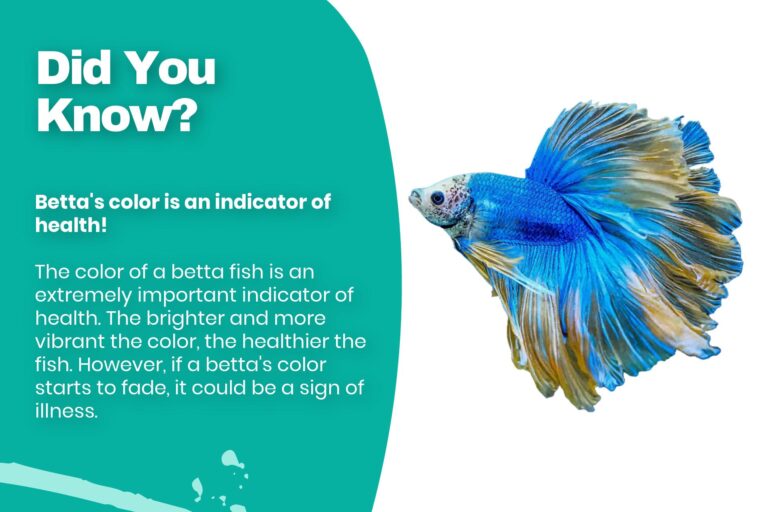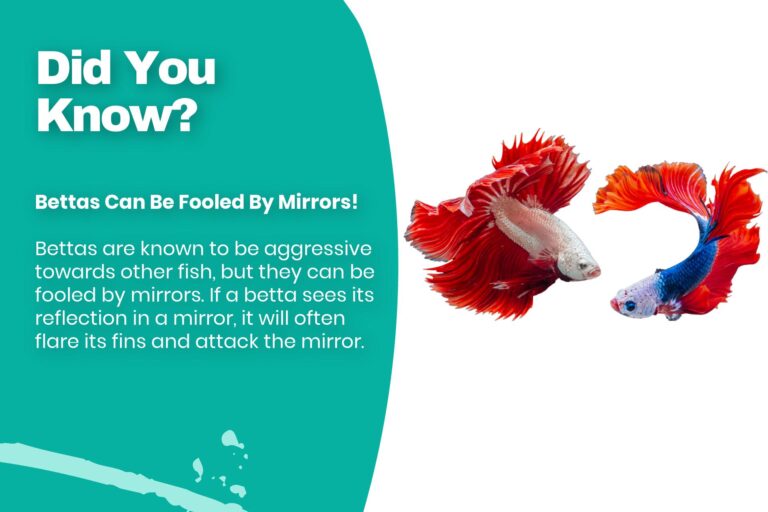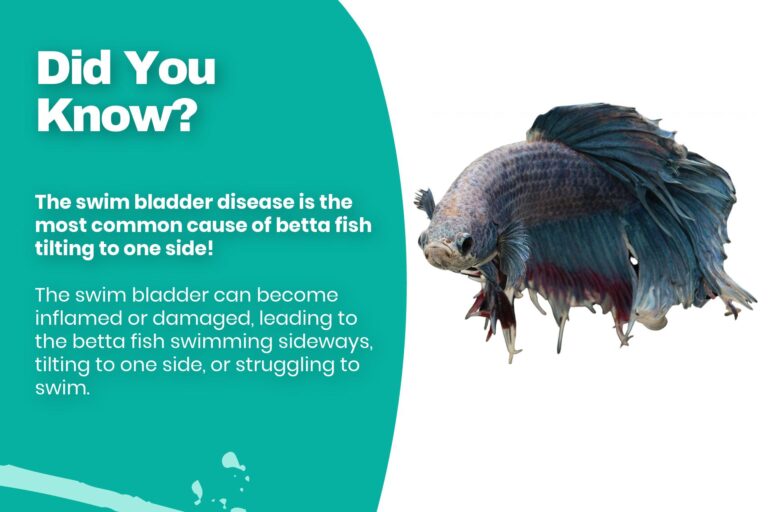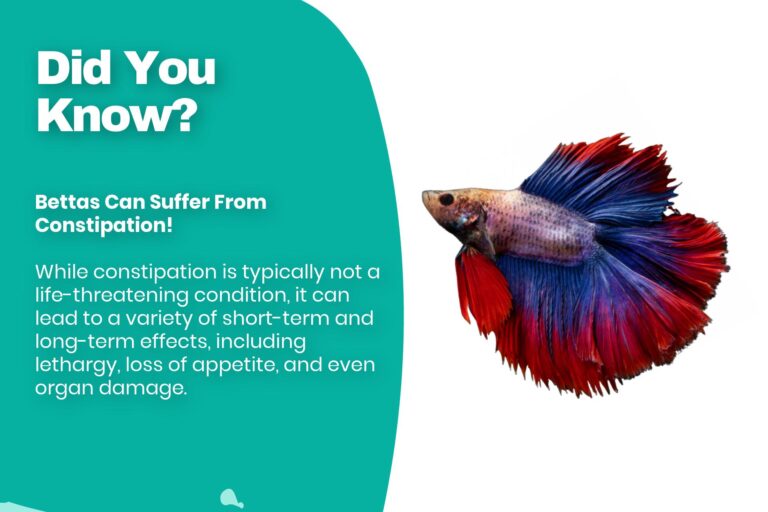Do Betta Fish Need Filters?
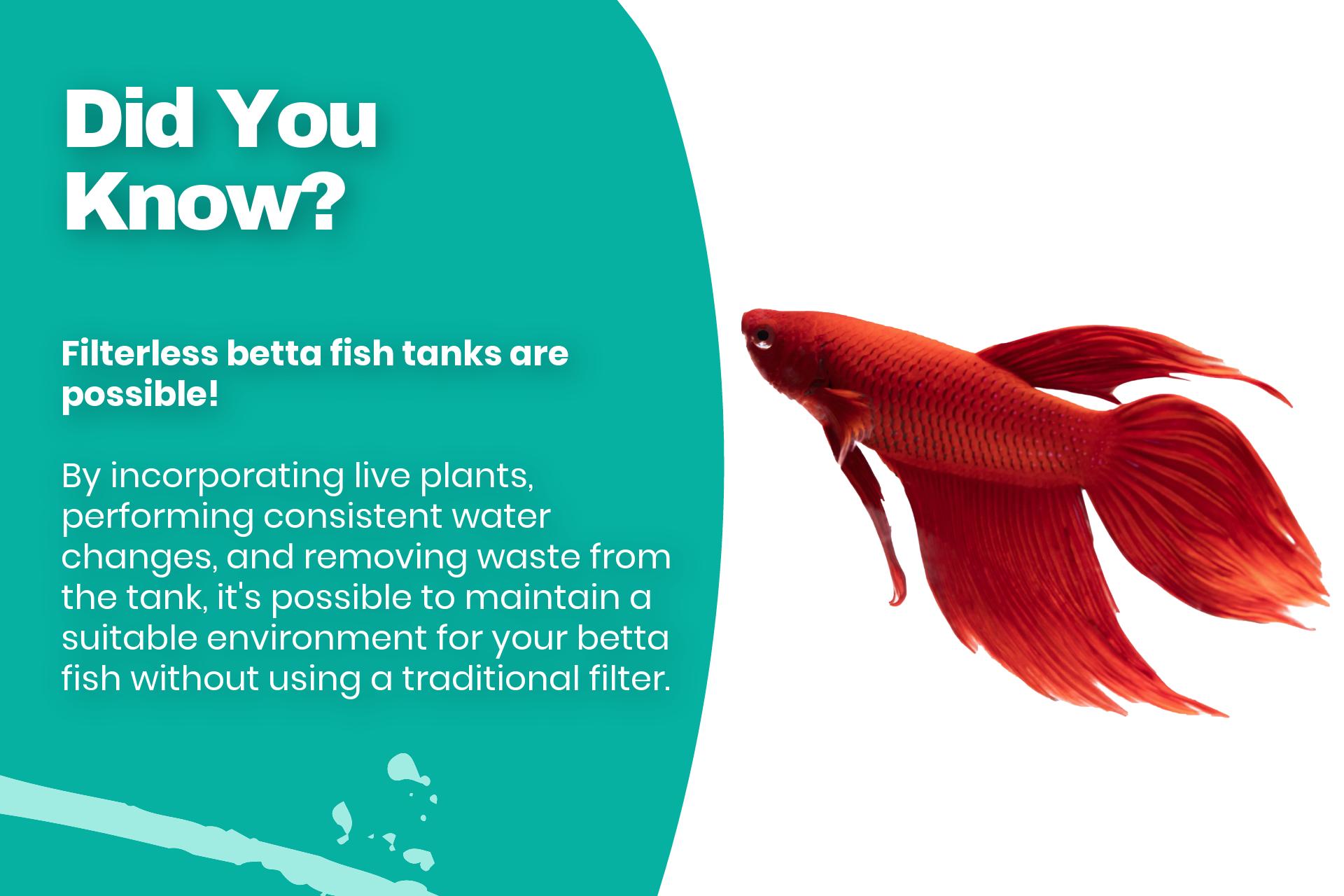
The answer is: it depends.
It depends on where the betta fish lives. If the betta is in a fully cycled environment like its natural habitat or an artificial ecosystem, then no, it doesn’t need a filter.
But if it is in a standard home aquarium, then yes, it needs a filter to thrive.
Bettas are a type of fish that can breathe from both the water and the air, so they don’t need a filter to survive.
However, a filter can help keep the water clean and improve the quality of your betta’s life.
Table of Contents
Quick Answer
The need for a filter for betta fish depends on their environment. If the betta is in a fully cycled environment like its natural habitat or an artificial ecosystem, then it doesn’t need a filter. But if it is in a standard home aquarium, then yes, it needs a filter to thrive.
Natural habitats are cleaner than most aquariums because they have producers, food chains, and decomposers, which lead to a perfect recycling of nutrients. In captivity, betta fish need filters to keep the water clean and provide the betta fish with a healthy environment.
Aquarium filters work by circulating the water in the aquarium and trapping debris and waste. There are three main types of filtration systems available on the market: mechanical filtration, chemical filtration, and biological filtration.
Biological filters use a process called the nitrification cycle to remove harmful ammonia and nitrites from the water, which are produced when fish waste breaks down.
Betta’s Background
Before answering whether betta fish need filters or not, we should take a look on how they survive in the wild. Betta fish, also known as Siamese fighting fish, are a popular type of freshwater aquarium fish.
Native to Thailand and other parts of Southeast Asia, betta fish are known for their bright colors and long fins. They are typically found in rice paddies, stagnant ponds, and slow-moving streams.
In the wild, betta fish often live in close proximity to other betta fish and compete for food and space. As a result, betta fish have evolved to be aggressive and territorial.
Nature Versus Aquarium
You might think that betta’s natural habitat have dirty waters because a lot of stuff is in there and the color looks dirty.
Guess what?
Natural habitats, like ponds or lakes, are more balanced and cleaner than most aquariums. This is mainly due to the fact that they have producers, food chains and decomposers.
In short, natural habitats have perfect recycling of nutrients. Aquariums need to be cycled in order for the fish to thrive.
In captivity, betta fish can live without a filter, but they will not thrive. A filter is necessary to keep the water clean and provide the betta fish with a healthy environment.
Without a filter, betta fish are more likely to contract diseases and parasites.
How Do Aquarium Filters Work?
Aquarium filters are an essential part of maintaining a healthy aquarium.
But how do they work?
Aquarium filters work by circulating the water in the aquarium and trapping debris and waste. The filter then removes the debris and waste from the water, keeping the water clean and clear.
There are a variety of different types of aquarium filters, each with its own unique benefits.
The Different Types Of Filtration
Aquarium filtration is a process by which water is pumped through a filtration system to remove unwanted debris and toxins. There are three main types of filtration systems available on the market:
1. Mechanical Filtration
Mechanical aquarium filters remove physical debris from the water. This debris can be things like uneaten food, fish waste, and dead plants.
The filter works by drawing water in from the aquarium and passing it through a series of pads or other materials that trap the debris.
The filter media can be anything from filter pads to filter floss. As water passes through the media, the debris is trapped and the water is cleaned. The clean water is then returned to the aquarium.
2. Chemical Filtration
Chemical filters work by using a variety of media to remove impurities from the water. The most common media used in chemical filters are activated carbon and zeolite.
Activated carbon is a porous form of carbon that has a large surface area. This allows it to adsorb (or bind to) a wide range of impurities, including dissolved organic matter, heavy metals, and toxins.
Zeolite is a naturally occurring mineral with a similar adsorption properties. It is often used in conjunction with activated carbon to provide a more complete filtration.
3. Biological Filtration
Biological aquarium filters use a process called the nitrification cycle to remove harmful ammonia and nitrites from your water.
Ammonia and nitrites are produced when fish waste breaks down. The nitrification cycle converts these harmful chemicals into harmless nitrates.
Biological filters are home to beneficial bacteria that help to break down fish waste and convert ammonia and nitrites into nitrates.
These bacteria need a place to live and thrive, and that’s why it’s important to have a filter with a large surface area. The more surface area your filter has, the more bacteria it can support.
Biological filters are usually made up of two main parts: media and a housing. The media is usually a porous material like sponge, ceramic, or BioBalls that provides a large surface area for beneficial bacteria to grow.
The housing protects the media and provides a place for water to flow through the filter. Beneficial bacteria need oxygen to grow, so the filter must have a way to aerate the water as it flows through.
This is usually done with an air pump or powerhead. The bacteria will break down fish waste and other organic matter in the water, helping to keep the water clean and clear.
Regular maintenance is important to keep your biological filter working properly. This includes cleaning the media and housing, as well as replacing any lost bacteria.
Final Thoughts
Just because they are hardy fish doesn’t mean they don’t need filters. Filtration is important for betta fish because it helps to keep the water clean and free of toxins and other harmful substances.
Betta fish are very sensitive to changes in water quality, so a good filtration system is essential for their health.

